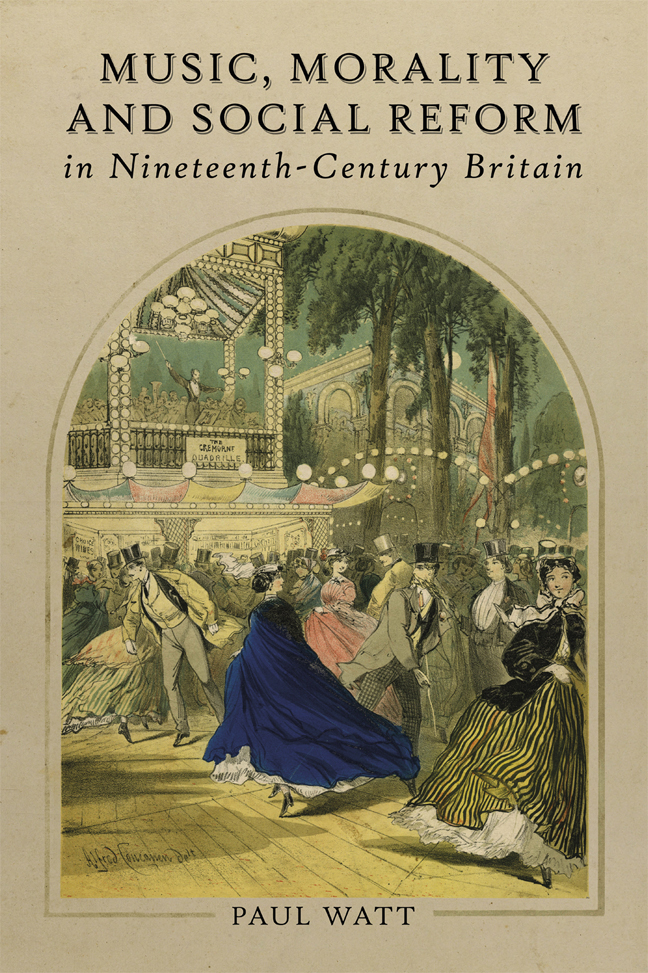3 - Mechanics' Institutes
Published online by Cambridge University Press: 21 February 2024
Summary
Moral management and the building of individual and collective character extended from childhood and the private sphere into public institutions such as the mechanics’ institutes. The mechanics’ institutes provided a blend of scientific, literary and occasionally musical classes and endeavours that sought to provide a holistic approach to the formation of the young man and, in some cases, the young woman. As we will see below, the membership of mechanics’ institutes was rarely comprised solely of mechanics, and occasionally included women in their administration and student profile. The range of activities and classes was extremely broad in most cases, opening up a vast world of knowledge for young men and women. The desire to cultivate a young and mostly working-class mind was seen to be a good investment for individual and social wellbeing. As we have seen in previous chapters, reference to cultivating and concentrating the mind, improving the intellect, and undertaking leisure and other activities, such as musical games and concerts from which aesthetic pleasure could be derived, were central to all schemes of moral education. The mechanics’ institutes offered such activities in spades, but they were never far from controversy, including vastly different values placed on the value of music in the formation of a moral sensibility.
The establishment of the mechanics’ institutes came after the founding in 1753 of the Society for the Encouragement of Arts, Manufactures and Commerce that had very similar aims and aspirations. Its Royal Charter described its function as ‘bestowing pecuniary and honorary rewards for meritorious works in the various departments of the fine arts, for discoveries, inventions, and improvements in agriculture, chemistry, mechanics, manufactures, and other useful arts’. In many ways the Society set the pattern for the mechanics’ institutes: an extremely varied curriculum, in which music was often part and parcel of a smorgasbord of scientific and creative instruction. Unlike the mechanics’ institutes, the Society did involve itself in music education through the Royal Academy of Music and the efforts of various musicians such as John Ella.
Even though hundreds of mechanics’ institutes and similar institutions were established for the education of working men across the Anglophone world, their history cannot be said to be a collective one.
- Type
- Chapter
- Information
- Publisher: Boydell & BrewerPrint publication year: 2023



